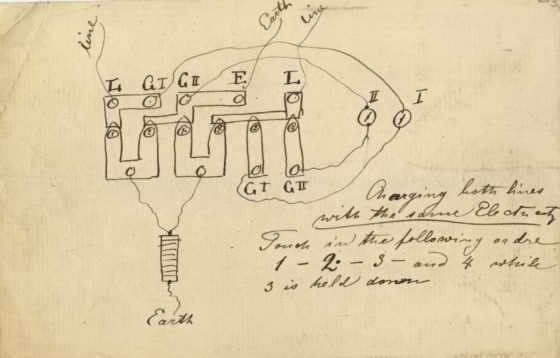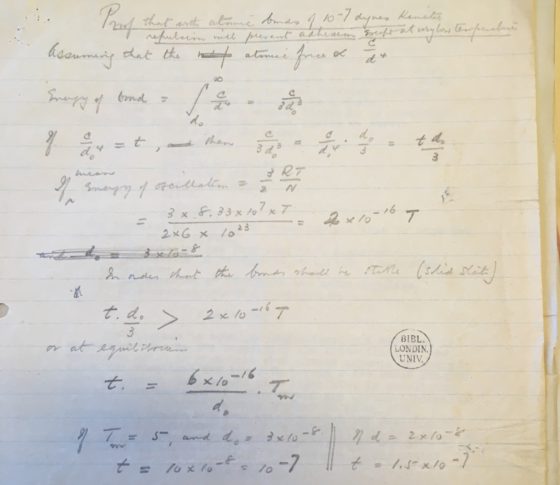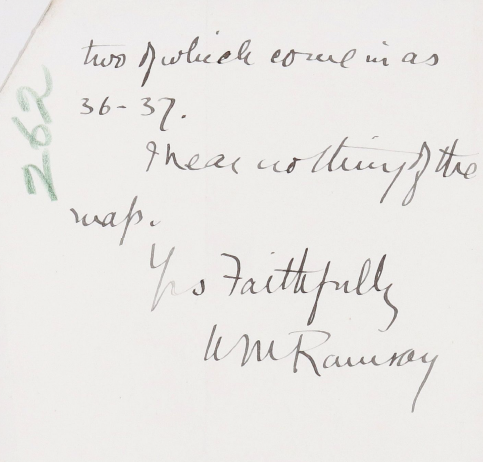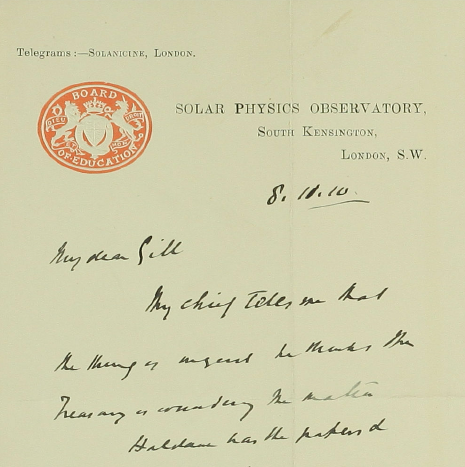150 years of British science history from the scientists’ perspective
Founded in 1831, The British Association for the Advancement of Science embodied the organized, and successful, efforts of the British scientific community to transform science from a self-funded endeavor of the wealthy into a government-funded professional activity at the center of social and economic development.
The organization held an annual meeting in a different city every year, at which scientists pioneered on the practice of peer review—presenting new ideas and discoveries, debating them and their theories and publicizing their work—while attracting every significant UK-based scientist of the 19th and 20th century.
In 2009, BAAS became the British Science Association (BSA). The new association has expanded on the original mission of putting science at the center of society, culture and education, and is focused on increasing the number, range and diversity of people actively engaged with scientific studies, activities and developments. This archive, which goes from the foundation of BAAS until the 1970s, pre-dates BSA.
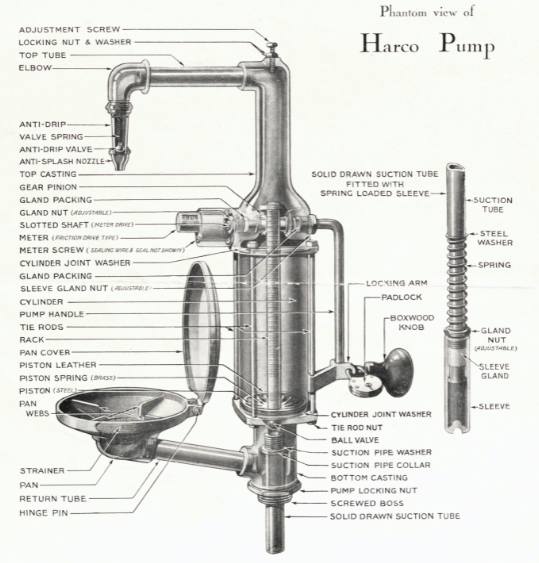
The rise of British science in the 19th and 20th centuries
The British Association for the Advancement of Science—Collections on the History of Science (1830s-1970s) is the ultimate interdisciplinary and interinstitutional archive, comprised of the previously uncatalogued BAAS materials and collections from prestigious British universities, selected by a team of leading History of Science scholars.
This is the only archive connecting the works, thoughts and interactions of the most influential scientists of the time, from Darwin to Ramsay, and documenting the history of British science from the 1830s through the 1970s across disciplines and universities.
Over ninety percent of the content within this unique archive has never been cataloged or available digitally until now. The materials within document 150 years of scientific discovery, Britain’s emergence as a center for science, and provide an insider’s perspective that researchers can’t get anywhere else.
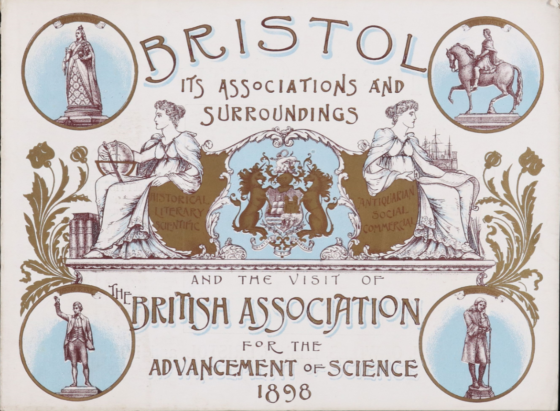
Subjects
- Agriculture
- Astronomy
- Biology
- Botany
- Chemistry
- Economics
- Engineering
- History of Science
- Industrial Design
- Mathematics
- Meteorology
- Physics
- Technology
Primary Source Materials
- Administrative records
- Press clippings
- Invitations to annual BAAS meetings
- Correspondence
- Illustrations
- Gray Literature
- Data Fieldwork
- Manuscripts
- Photographs
- Maps
- Prototypes
- Pamphlets
- Personal Papers
Inside the Archive

Council papers, 1913-1945. Alfred Lodge, F. A. Dixley, et al., Archive of the British Association for the Advancement of Science. 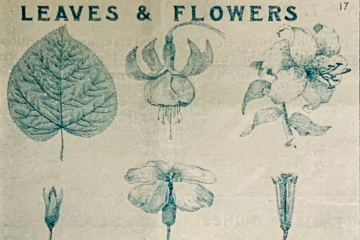
Source: British Association for the Advancement of Science Archive. 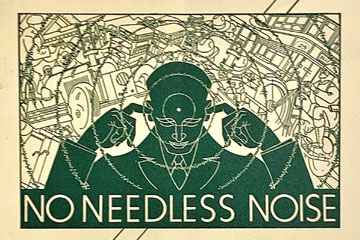
From the archive of the British Association for the Advancement of Science Archive. 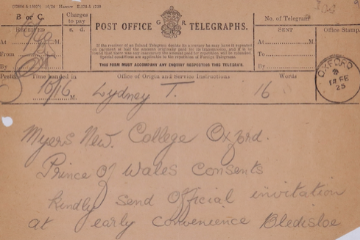
Printed material for the 1926 annual meeting held in Oxford, January 9, 1925-July 27, 1931. Edward VIII, Secretary, et al., Archive of the British Association for the Advancement of Science. 
Jac. Berzelius, Red. Page, et al., Archive of the British Association for the Advancement of Science, 1833-1834. 
Papers of the Annual Meeting held in Bath in 1888. Anthony Hammond, Jerom Murch, et al., Archive of the British Association for the Advancement of Science, 1847-1889.
Highlights
Advisory Board
Robert Fox
Emeritus Professor of the History of Science
University of Oxford
Alex Hall
Department of Theology and Religion Research Fellow
University of Birmingham
Omar Nasim
Professor for the History of Science
Universität Regensburg
James Poskett
Assistant Professor in the History of Science and Technology
University of Warwick
Gregory Radick
Professor of History and Philosophy of Science
University of Leeds
